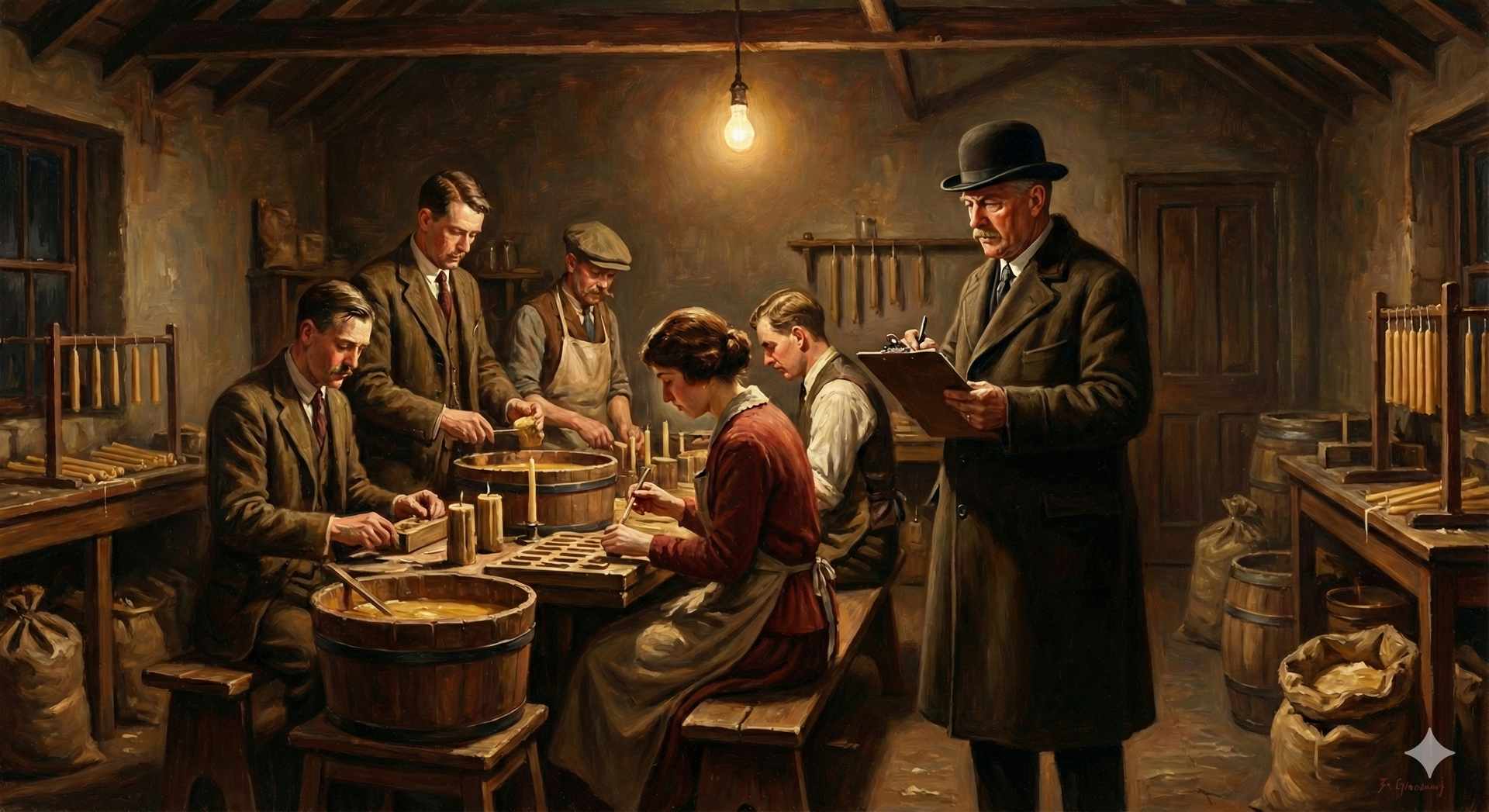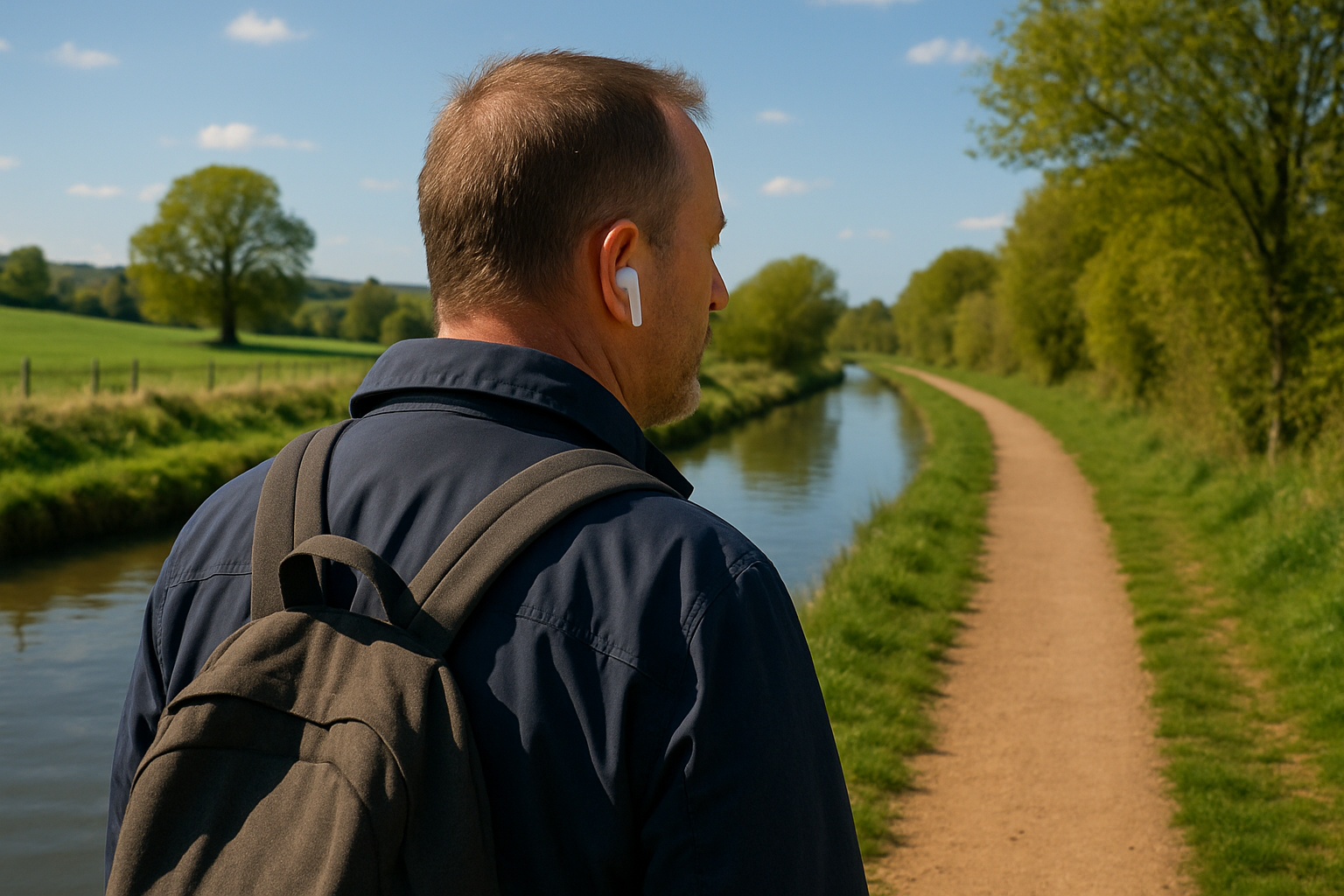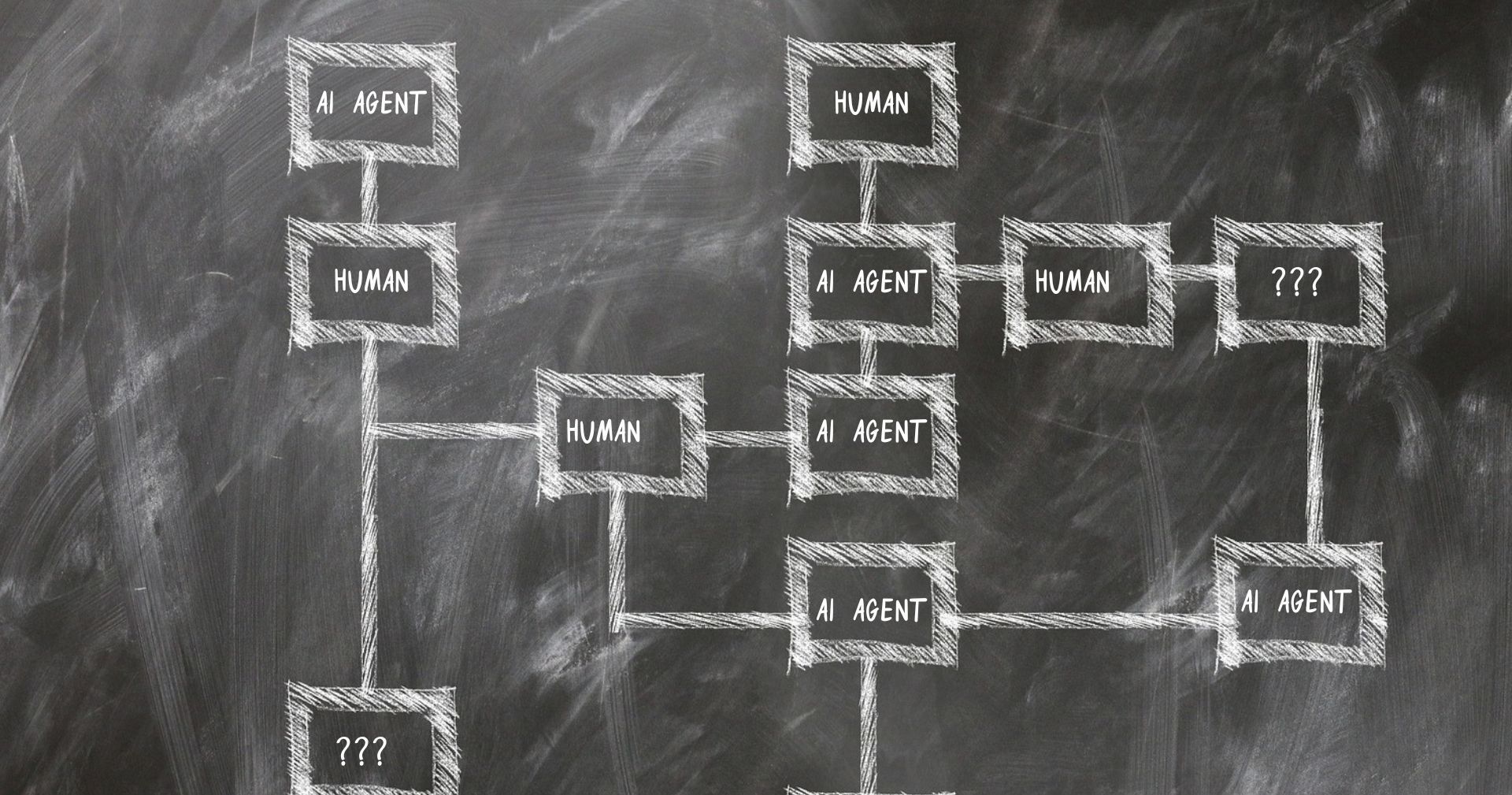Refuelling

Reeking of wood smoke, I returned home on Saturday night feeling replenished by the evening I had had with my old friends Robert and Tim, sitting around a campfire, talking through the story of our lives in the 10 or so years since we had seen each other last. Our conversation was driven by a basic desire to know more and share more, to hear each of us describe our interior worlds and our interpretation of the wider world. We made sense of things together, from Brexit, Covid and parenting to personal dreams and failures. We covered a lot of ground; through nothing more than chatting, we re-established bonds and (in my case at least) felt nourished by the experience.
Would this type of conversation be of value or even possible in corporate life? A version of it certainly would be although of course a social setting is very different from the workplace in many ways, including our expectations of each other and the norms of behaviour. It’s also challenging during the pandemic to have this free-wheeling interaction virtually rather than in person; although I suspect many of us have been surprised by our ability to talk on a video call in ways we had thought unthinkable. It is challenging but certainly not impossible.
The process of collective sense-making is a critical and easily overlooked component of the health of any team. Even more so with the pandemic, which has heightened the propensity for teams to become fragmentated and their members isolated. I hasten to add this isn’t universal, some teams have become more cohesive, inclusive and connected during this period as they have recognised and invested in the importance of this; however, in my experience they have very much been the exception.
What do I mean by collective sense-making? For me, it’s the time and space to pause, share stories, hear each other’s views, reflect and break away from ‘task time’. It could be described as just hanging out with each other, no set agenda, no purposeful intent, no action points at the end of it.
Collective sense-making is a readily available way of building resilience (one of the most sought-after capabilities in organisational life at the moment, judging by the number of requests I have been dealing with on this topic).
When time is money, ‘stopping the clock’ – for long enough to hear from each other, listen deeply (beyond the words themselves to the meaning and the feelings), to express doubts, fears and uncertainties, to show vulnerability, to reserve judgement, to not need to discover who is accountable or what went wrong – is a difficult feat which takes a surprising amount of faith, courage and commitment. As an external coach, I sometimes see my role as simply giving permission to a group to engage in this activity without them feeling guilty or rushed, something they find difficult to grant themselves. I provide a semi-colon in the flow of their days.
Collective sense-making allows:
- Connection: experiencing the human being and not only the role.
- Reflection: the single most important capability needed in order to learn at the speed required in our changing, unpredictable and emergent world.
- Perspective: through hearing the views of others, we are able to get less entangled in the ‘correctness’ of our own thoughts and see there are other possibilities.
Collective sense-making also allows us to understand our values; not through a direct description of them, but something more effective – the stories we tell which demonstrate the choices we make and the priorities we have. When we understand our values and those of others, we have the roots to help us withstand difficulties.
As someone said at the end of a recent sense-making session:
‘I’ve come to realise that we have all been on something of a roller-coaster for the past year. It’s really important that we had this quality time together. We needed the chance to pause, reflect and find out where we were and where we were going to go next. We have learned so much about what we know and what we don’t know; it has helped us to see things that were hidden in plain sight. At times the conversation has been fascinating, stimulating and at times very moving and even uncomfortable … but I feel much more aligned with everyone else now. The good news is it’s been inspiring and I feel energised and reassured when in reality I came into the conversation feeling exhausted and worried and in no state to lead my team.’










